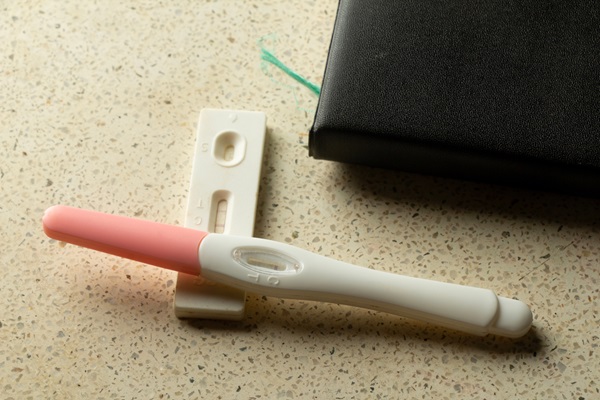Following Up With Your Primary Care Doctor After a Procedure

Think your primary care doctor does not need to evaluate you after you have undergone a certain medical procedure? Think again. Even if you are not experiencing any problems and feel generally healthy, there could be underlying problems you are not aware of. This makes it essential for you to follow up with a PCP, even if you feel it is not necessary.
The role of primary care doctors
Learning about the role of a primary care doctor is something everyone should do, as this type of medical professional is one that plays a very important role. Primary care doctors are a patient's first point of contact when they are in need of medical services. When a patient is in need of medical services, they will first contact their PCP for guidance and direction. A shortlist of primary care services include disease prevention, health maintenance, patient education and diagnosis and treatment of illnesses and disease.
Following up with a primary care doctor after a procedure
The list below includes three important reasons why everyone needs to follow up with their primary care doctor after undergoing a medical procedure.
To get updated information
When someone undergoes a procedure and is treated for the procedure, it is important for them to make a follow-up appointment in order to get updated information. It is important for patients to understand things like whether or not to procedure worked or whether they are in need of additional procedures. It is likely that patients will also have additional questions after undergoing a particular procedure, which they can ask during their follow-up appointment.
To discuss additional test results and/or medications
If any medical tests were done during the procedure, patients can receive the results of these tests during their follow-up appointment. The tests may indicate that all is well or that the patient may be in need of additional tests or treatments for their particular health issue. If the patient is in need of a new medication, the follow-up appointment is a great opportunity for the patient to ask any questions they have about taking certain medications.
Because being proactive helps patients stay healthy
When patients schedule their follow-up appointment, it means they are being proactive when it comes to keeping on top of any health issues they are currently experiencing. Many patients will learn during their follow-up appointment that they are now completely healthy, giving them the peace of mind they want when dealing with health issues.
Are you in need of a follow-up appointment?
It really is necessary for a primary care doctor to evaluate your overall health after you have undergone a medical procedure. While you may feel fine, you need to see a medical professional in order to make sure that everything is indeed fine, as there could potentially be problems you are not aware of. We can get you scheduled in for a timely appointment if you give us a call right now!
Request an appointment here: https://tx-urgentcare.com or call Texas Urgent Care & Imaging Center at (832) 941-1894 for an appointment in our New Caney office.
Check out what others are saying about our services on Yelp: Primary Care Doctor in New Caney, TX.
Recent Posts
A pregnancy testing is one of the most effective ways to confirm pregnancy by detecting the hormone human chorionic gonadotropin (hCG) in urine or blood. In order to produce reliable results, it is important to understand the accuracy, timing, and different options of tests. While many people rely on over-the-counter pregnancy tests, it is important…
Though they play an important role in wellness, regular health checkup are often overlooked. If you only go to the doctor when you get sick or something goes wrong, you could be missing out on key opportunities to avoid health problems and support your overall wellness. If you want to be proactive about protecting your…
Immunizations, or vaccines, protect public health and prevent the spread of infectious diseases. By helping the body develop immunity to harmful pathogens, immunization reduces the risk of illness, hospitalization, and, in some cases, death. Still, some may not know the true significance of immunizations. Therefore, understanding the importance of immunization and keeping up with recommended…
Contrary to what some may believe, diabetes requires professional treatment since it is a chronic condition marked by high blood sugar. With treatment, patients can manage their diabetes and reduce its impact on their lives. A primary care physician, or PCP, will guide patients through diabetes treatment, connecting them with specialists and using treatment strategies…


